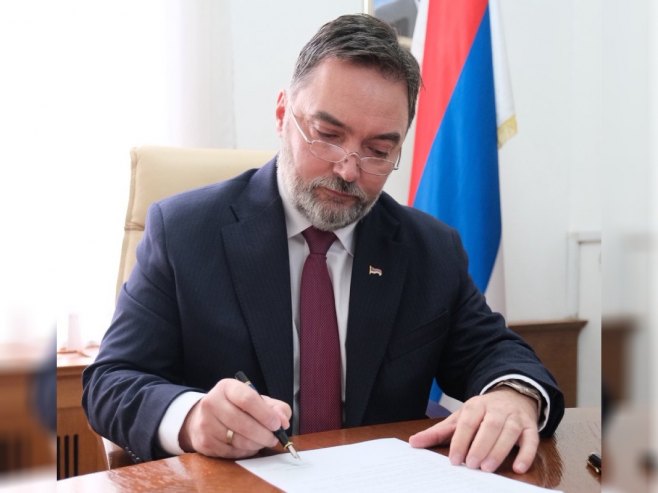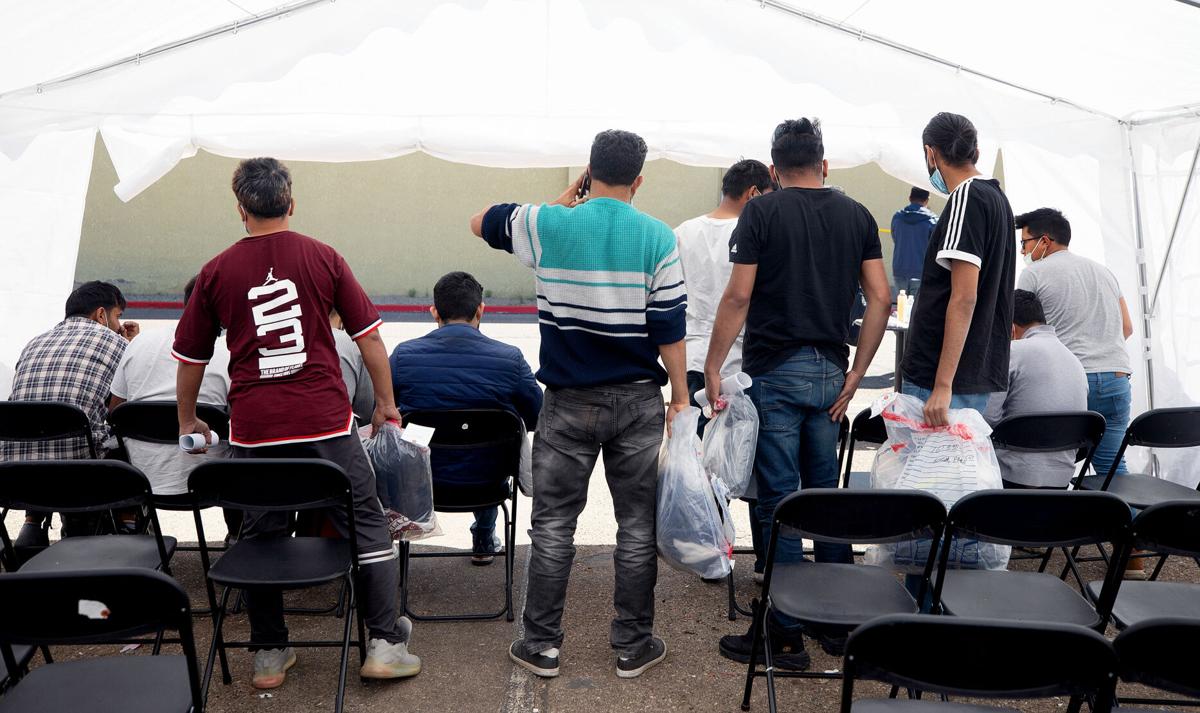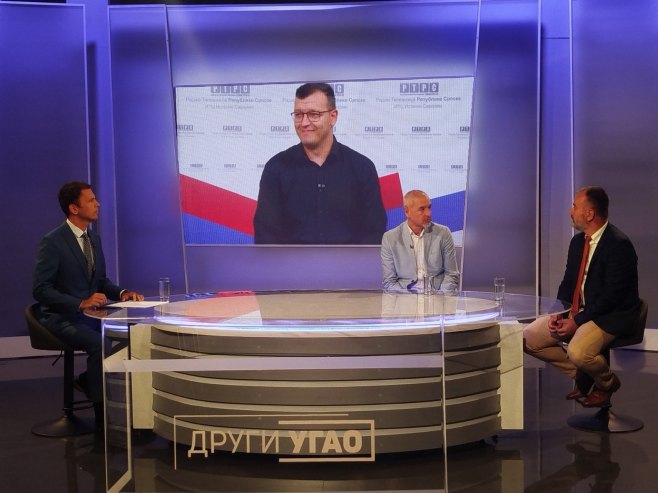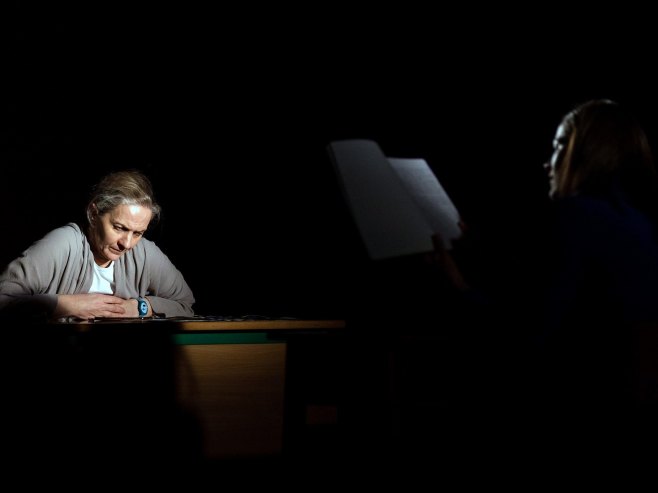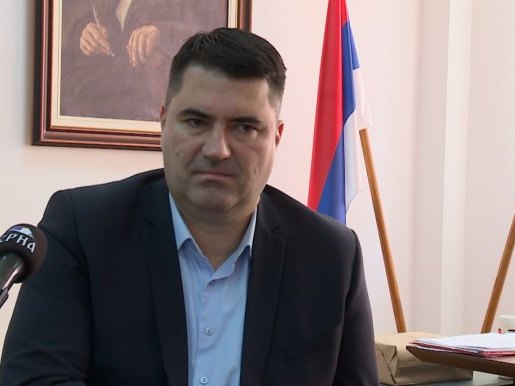The long-standing migrant issue in Bosnia and Herzegovina has escalated with an increasing number of intergroup conflicts, as evidenced by a recent case in Gradiška where a group of Pakistanis was kidnapped by several Afghans.
Once again, the Ministry of the Interior of Republika Srpska reacted promptly and prevented further escalation. The situation could be further aggravated by the initiative of the United Kingdom, which intends to deport 50,000 migrants from Europe.
Republika Srpska maintains its stance—no migrant camps on its territory—and strongly opposes the recent initiative from London that aims to make BiH a migrant hub.
It is no secret that BiH is struggling with illegal migrants. Incidents involving migrants appear in the media almost daily. Just a few days ago, 72 migrants were found in private accommodations in the municipality of Ilidža, part of the Federation. Yesterday, another 45 were found in Stari Grad, Sarajevo. Last night, the Police Department of Gradiška located several individuals of Afro-Asian origin in the city area.
“The operation was carried out in cooperation with the Special Anti-Terrorist Unit and the Gendarmerie of the Ministry of the Interior of Republika Srpska, responding to a report from a Sarajevo-based agency that a group of Pakistanis had been kidnapped by several Afghans,” stated the Police Department of Gradiška.
From January 1, 2017 to May 31 of this year, police officers in Republika Srpska identified 40,150 illegal migrants. Sixty percent of them had no documentation. During the same period, 161 reports were submitted to the competent prosecutors against 237 individuals. This information will be presented to the National Assembly of Republika Srpska. And that is only a portion of the migrants that were recorded—the actual number of migrants present in Republika Srpska cannot be precisely determined. That number could rise if the UK and EU implement plans to deport 50,000 migrants to the Western Balkans. All of this presents a major security challenge and risk for all BiH citizens.
“These are people from different cultures and ethnic groups who frequently clash among themselves, and residents living near these camps often face harassment. The number of crimes has increased since migrants began arriving in BiH,” says Predrag Ćeranić, Dean of the Faculty of Security Studies at the University of Banja Luka.
Republika Srpska is committed to doing everything to bring back its citizens who have left, says Serb delegate in the House of Peoples of the Parliamentary Assembly of BiH, Radovan Kovačević.
He emphasizes that Republika Srpska will not become a reception center for migrants, especially not those the UK intends to deport.
“We are talking about individuals with questionable pasts—whether they were part of terrorist organizations, militant paramilitary groups, or criminal networks. These are people who cannot pass security checks in the United Kingdom,” Kovačević stresses.
Migrants in BiH are generally trying to cross the border into Croatia and then continue toward Western Europe. For years, life surrounded by migrants has become a daily reality for citizens of the Una-Sana Canton. Serb returnees in these areas know this well.
“Migrant camps are not a security or humanitarian solution—they are a source of problems and instability. All returnees, as well as all citizens of Una-Sana Canton, are well aware of this. Those who lived near these camps know the fear and insecurity they endured. Republika Srpska must not allow the opening of any migrant camp on its territory. Citizens of Republika Srpska should not pay the price for failed migration policies,” says Nemanja Davidović, advisor to the President of Republika Srpska.
As a response to these migrant challenges, Republika Srpska will react institutionally. The National Assembly is scheduled to consider a declaration at its regular July session, rejecting the UK initiative.
“The National Assembly of Republika Srpska categorically rejects and opposes any plan, initiative, or bilateral agreement that includes the establishment of centers for the accommodation of migrants, returnees, asylum seekers, or individuals with rejected status for any reason in the United Kingdom or European Union member states, on the territory of Bosnia and Herzegovina, especially on the territory of Republika Srpska,” the declaration states.
In the proposed declaration, the National Assembly considers that implementing such a plan would constitute a direct violation of the constitutional order, a threat to citizens’ security, and an attempt at demographic and cultural transformation of BiH, and thereby Republika Srpska.
Source: RTRS
